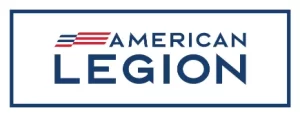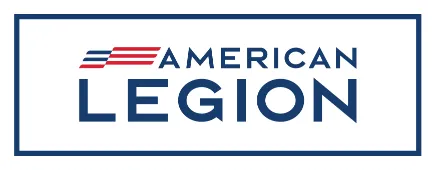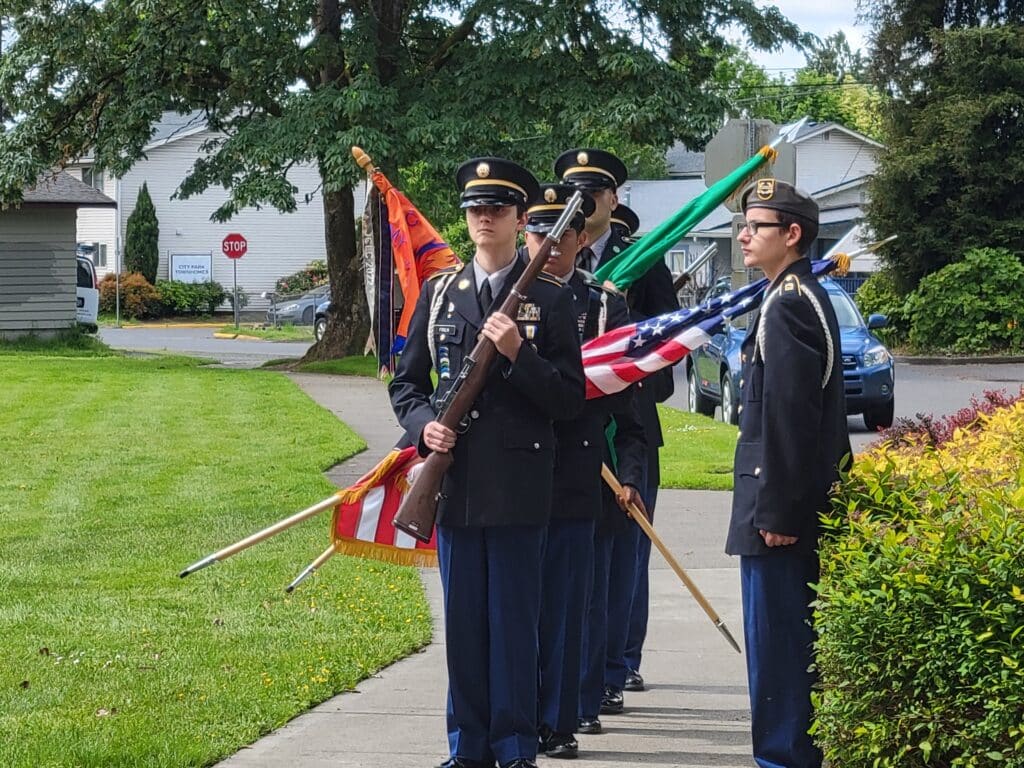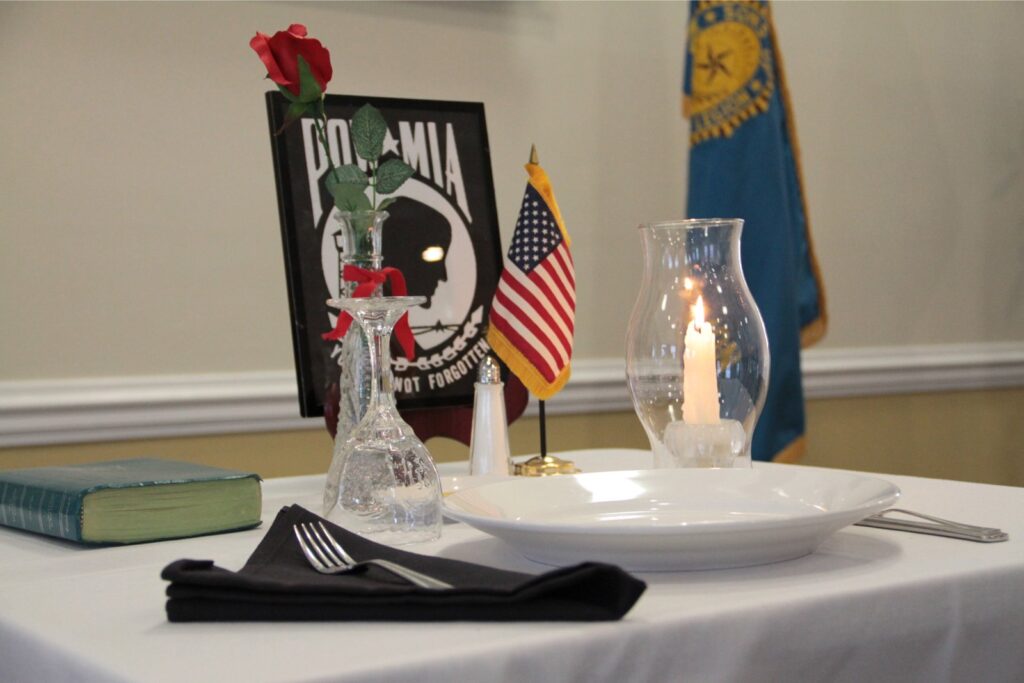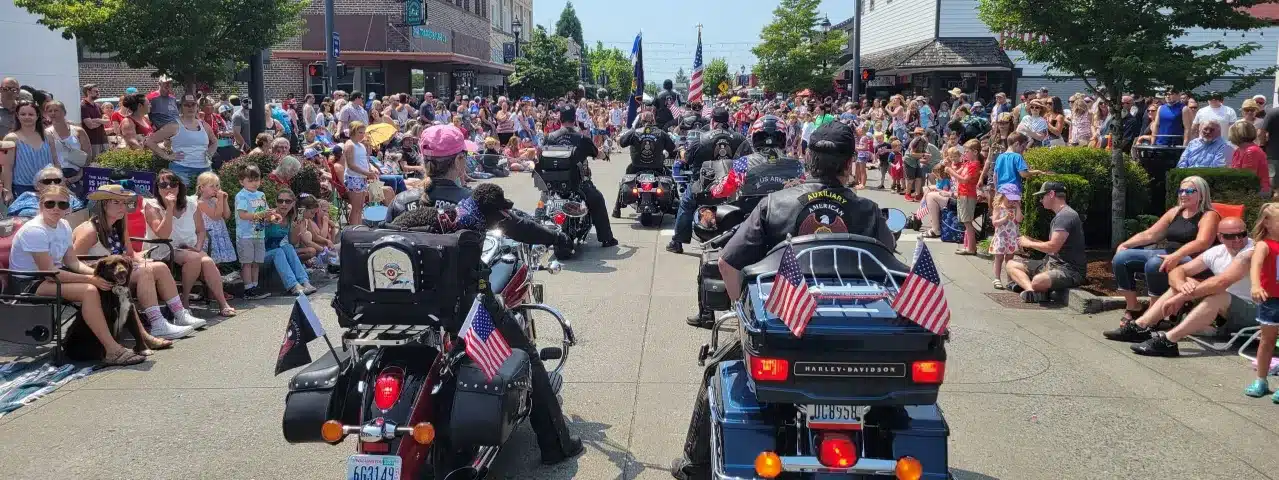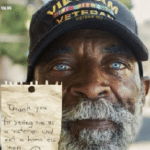National Call Center for Homeless Veterans – VA’s National Call Center for Homeless Veterans hotline: (877) 424-3838 or (877) 4AID VET gives homeless veterans and at-risk veterans free access to trained counselors 24 hours a day, seven days a week.
There are a number of programs and activities that can assist homeless veterans whether they are temporarily or chronically homeless.
A. Veterans Services Officer
As assistance is provided to these homeless veterans, one of the first efforts is to determine if they have applied for or are receiving VA disability payments. If not, they should be linked up with a veteran services officer to get that process started. This would help provide them with a steady source of income and get them access to other VA services.
Homeless Veterans | The American Legion
B. Veterans Affairs
The VA has initiated several programs to assist homeless veterans. Here is a short summary of the VA’s efforts regarding homelessness.
What Veterans Who Are Homeless or At Risk of Homelessness Should do for Help
Veterans who are homeless or at imminent risk of homelessness are strongly encouraged to contact the National Call Center for Homeless Veterans at (877) 4AID-VET (877-424-3838) for assistance. If Veterans do not have access to a phone or the internet, only then are they to visit their closest VA medical center without calling in advance. VA also urges Veterans who are not homeless or at risk of homelessness to contact their VA medical center before visiting for any reason. These steps are necessary to prevent the spread of COVID-19.
Each VA facility has created separate areas or zones to isolate Veterans with possible or confirmed COVID-19 from uninfected patients who need other routine and emergent care. VA is also identifying appropriate quarantine options for Veterans who are homeless to receive treatment if they are symptomatic or screen positive for COVID-19 but are not ill enough for hospital-level care.
No Veteran Should Be Without a Place to Call Home
VA is committed to ending homelessness among Veterans. Our focus is threefold:
Conducting coordinated outreach to proactively seek out Veterans in need of assistance.
Connecting homeless and at-risk Veterans with housing solutions, health care, community employment services and other required supports.
Collaborating with federal, state, and local agencies; employers; housing providers, faith-based and community nonprofits; and others to expand employment and affordable housing options for Veterans exiting homelessness.
VA Programs For Homeless Veterans – Veterans Experiencing Homelessness
Homeless Veterans – VA Puget Sound Health Care System
C. HUD-VASH Program
HUD-VASH is a collaborative program between HUD and the VA that combines HUD housing vouchers with VA supportive services to help Veterans who are homeless and their families find and sustain permanent housing.
Through public housing authorities, HUD provides rental assistance vouchers for privately owned housing to Veterans who are eligible for VA health care services and are experiencing homelessness. VA case managers may connect these Veterans with support services such as health care, mental health treatment and substance use counseling to help them in their recovery process and with their ability to maintain housing in the community. Among VA homeless continuum of care programs, HUD-VASH enrolls the largest number and largest percentage of Veterans who have experienced long-term or repeated homelessness. At the end of FY 2019, there were 90,749 Veterans with active HUD-VASH vouchers and 83,684 vouchers in use.
HUD-VASH Eligibility Criteria
Veterans who are appropriate for this program must be VA health care eligible Veterans. VA eligibility makes this determination.
Veterans must also meet the definition of homelessness defined in The McKinney Homeless Assistance Act as amended by S. 896 The Homeless Emergency Assistance and Rapid Transition to Housing (HEARTH) Act of 2009. HUD-VASH prioritizes the chronically homeless
Veteran for admission.
Veterans who are appropriate candidates for this program demonstrate the most need or vulnerability and must need case management services in order to obtain and sustain independent community housing. HUD-VASH targets the chronically homeless Veteran who is the most vulnerable and often has severe mental or physical health problems and/or substance use disorders, with frequent emergency room visits, multiple treatment attempts, and limited access to other social supports. However, other Veterans who are homeless with diminished functional capacity and resultant need for case management are also eligible for the program.
A key component of the program is VA’s case management services. These services are designed to assist Veterans in obtaining and sustaining permanent housing and engage in needed treatment and other supportive services that improve Veterans’ quality of life and end their homelessness. Case Management is the heart of this program and is a requirement for participation in the HUD-VASH voucher program.
VA determines clinical eligibility for the program. The public housing authority (PHA) determines if the Veteran participant meets HUD’s regulations for this program. The PHA will determine eligibility based on income limits. Also, the PHA will determine if any member of the household is required to maintain Lifetime Sexual Offender Registry status — those who do are not eligible to participate in this program.
HUD-VASH provides permanent supportive housing for eligible homeless Veterans who are single or eligible homeless Veterans with families. The program is developed for the homeless Veteran, so eligible Veteran families must include the Veteran.
Because HUD-VASH provides for Veterans who may have medical, mental health and/or substance use disorders, eligible Veterans must be able to complete activities of daily living and live independently in the community with case management and supportive services.
To apply for HUD-VASH, contact is through the local VA Homeless Program. Veterans can contact the HUD-VASH program directly, or obtain a referral from a case manager in another VA program, from a community program, or other referral sources if they desire.
For more information, check out the website: U.S. Department of Housing and Urban Development-VA Supportive Housing (HUD-VASH) Program – Veterans Experiencing Homelessness
https://www.hud.gov/program_offices/public_indian_housing/programs/hcv/vash
D. County Veterans Assistance Program Funds
Under Washington’s RCW 73.08, each county is to establish an assistance fund to assist indigent veterans and their families. In addition, each county is to establish a veterans advisory board to advise the county executives on how to assist these indigent veterans.
The intent of RCW 73.08 is to:
(1) “It is the intent of the legislature that each county establish a veterans’ assistance program to benefit indigent veterans and their families. These programs must be funded, at least in part, by veterans’ assistance funds. The legislature intends also for each county to establish a veterans’ advisory board responsible for advising the county legislative authority on needed and appropriate assistance programs for local indigent veterans and their families. Recognizing the valuable insight and perspectives that veterans offer, it is the intent of the legislature that each board be comprised entirely of veterans.
(2) The legislature recognizes that ongoing veterans’ relief or assistance programs in some areas of the state have provided meaningful assistance to indigent veterans and family members. The legislature further recognizes that veterans’ service organizations have traditionally been the initial point of contact for indigent veterans and family members seeking assistance. In recognition of these factors, the legislature intends to authorize, upon the satisfaction of certain administrative requirements, existing veterans’ relief or assistance programs to continue providing needed and effective assistance to indigent veterans and their families.
(3) The legislature recognizes that counties respond to the needs of indigent veterans and family members in the manner most appropriate to the needs and resources of the county. The legislature intends for the provisions of this act to facilitate the effective use of assistance funds through efficient model programs that benefit veterans and family members experiencing financial hardships.
(4) It is the policy of the state of Washington that bias shall not play a role in the distribution of the veterans’ assistance fund.”
The funds are raised under a property tax levy that amounts to one and one-eighth cents per thousand dollar assessed value. It should be noted that these funds are dedicated and are not part of the county’s general fund and thus roll-over to the next year’s funds.
These funds can be very helpful to homeless veterans and their families on a short term basis and the specific requirements for eligibility and usage are determined at the county level. They can assist with overdue rent or mortgage, utilities, vehicle repairs, or other similar expenses.
https://www.dva.wa.gov/county-services
E. American Legion’s Temporary Financial Assistance Program
About Temporary Financial Assistance
Since its establishment in 1925, The American Legion Temporary Financial Assistance (TFA) program has awarded cash grants to minor children of current active duty or American Legion members. These grants help families in need meet the cost of shelter, food, utilities, and health expenses, thereby keeping the child or children in a more stable environment.
Who is eligible for a grant?
The minor child must not be older than 17, or 20 if still enrolled in high school or is physically handicapped. The minor child must be the biological child, stepchild, or in the legal custody of, a qualifying veteran. A qualifying veteran is defined as a member of the United States Armed Forces serving on federal orders current under Title 10 of the United States Code, inclusive of all components, OR any veteran possessing an up-to-date membership in The American Legion. Active duty applicants can be considered without being a member of The American Legion. A single onetime non-repayable Temporary Financial Assistance grant of up to $1,500 will be permitted for the minor child(ren) of a qualifying veteran.
No child is considered eligible for Temporary Financial Assistance until a complete investigation is conducted at the post or department level, a legitimate family need is determined, and all other available assistance resources have been utilized or exhausted. Additionally, the TFA application must originate and be filled out by someone at the local level.
How to Apply
Contact the local American Legion post or department headquarters.
https://walegion.org/index.php?id=142
F. Washington Department of Veterans Affairs
WDVA has a number of programs to help homeless veterans that range from assistance with transitional housing to veterans homes to education and counseling. Here are two of their more prominent ones.
The Veterans Transitional Housing Program are located in Port Orchard and Orting, WA.
Transitional housing facilities in Port Orchard and Orting help those in need with stable housing, vocational rehabilitation, and employment. Veterans are surrounded with staff and wrap-around services that lead to successful program completion and return to the community.
Goals
• Increased residential stability
• Greater self-determination
• Increased skill level and income potential
Eligibility
To participate in the program, veterans must:
• Have served in any branch of the US Armed Forces
• Have received an Honorable or General Under Honorable Discharge (OTH discharged veterans are eligible on a case-by-case basis)
• Been homeless for one or more nights
• Desire to lead a clean and sober lifestyle
• Desire to make meaningful life changes leading to independent living
• Be willing to undergo criminal background check
Program Services
Case Management
Veterans collaborate with case managers to form an individualized case plan. Accountability, progress in achieving case plan goals, and abiding by program rules are program participation.
Transportation
Van transportation is available for case management related appointments. The Port Orchard facility is also located on bus lines and is accessible by ferry from the Seattle area.
Women Veterans Wing and Building
The Women Veterans Wing at Orting provides dedicated services for women veterans, including privacy and security.
State Veterans Homes are Medicaid and Medicare Certified and provide 24-hour nursing care.
The Washington State Department of Veterans Affairs serves veterans in four Veterans Homes, where veterans are treated with the dignity and respect they deserve in settings that provide a sense of belonging unique to veterans.
All Washington State Veterans Homes are Medicare and Medicaid certified facilities. To be eligible for admission, applicants must meet the following criteria:
• Served at any time, in any branch of the United States Armed Forces including the National Guard;
• Received an honorable discharge;
• Reside in Washington State;
• Be the spouse of a resident or widow of an eligible veteran;
• Or be a Gold Star Parent who lost a child while serving in the armed forces.
The State Veterans Homes are Medicaid and Medicare Certified and provide 24-hour nursing care, medical care, and pharmacy services. They provide a number of supportive programs and services such as:
• Physical Therapy
• Occupational Therapy
• Recreational Activities
• Social Services
• Volunteer Programs
• Hospice
• Nutritious Meals
• Community Involvement
• Religious Programs
• Transportation
• Laundry
• Beauty & Barber Shops
• Fishing Pond (Orting)
• Patriotic Interment Services
Veterans rated 70%-100% Service Connected Disabled, or whose service connected disability is the reason nursing care is needed, may have their nursing home care paid by the Federal VA. They also accept Medicare, Medicaid, 3rd Party Insurance and Private Pay.
The four Veterans homes are located at:
A. Washington Soldiers Home – Orting
1301Orting Kapowsin Hwy, Orting, WA 98360
B. Washington Veterans Home – Retsil
1141 Beach Dr. E., Port Orchard, WA 98366
C. Spokane Veterans Home
222 E. 5th Ave, Spokane, WA 99202
D. Walla Walla Veterans Home
92 Wainwright Dr, Walla Walla, WA 99362
Homeless Veterans Reintegration Program | WDVA (wa.gov)
County Map | WDVA (wa.gov)
Resources | WDVA (wa.gov)
G. Local Non-Profit or Community Resources
Various communities around our state have established or implemented local programs to assist homeless veterans and their families. Here are a couple of examples.
The National Coalition for Homeless Veterans
A 501(c)(3) nonprofit organization, NCHV is the resource and technical assistance center for a national network of community-based service providers and local, state and federal agencies that provide emergency and supportive housing, food, health services, job training and placement assistance, legal aid and case management support for hundreds of thousands of homeless veterans each year. NCHV also serves as the primary liaison between the nation’s care providers, Congress and the Executive Branch agencies charged with helping them succeed in their work.
Visit their website at https://www.legion.org/homelessveterans/resources and click Washington to see the list of resources in our state.
Low Income Housing Institute (LIHI) https://lihi.org/tiny-houses/
In partnership with the City of Seattle, faith communities, and building trade organizations throughout the State of Washington, the Low Income Housing Institute (LIHI) is one of the largest providers of tiny house village shelters in the nation, ensuring that people’s experience in homelessness is as safe, dignified, and brief as possible.
Tiny houses offer tremendous benefits over tents – they are safe, weatherproof, and lockable – and the communities that we help build allow residents to reclaim their dignity and get on a path to housing in a supportive village environment.
Each tiny house has electricity, overhead light, and a heater. Each tiny house village has kitchen and restroom facilities, onsite showers and laundry, a counseling office, and a welcome/security hut where donations of food, clothing, and hygiene items can be dropped off.
Tacoma Catholic Community Service: https://ccsww.org/
Lacey Veterans Hub: https://www.laceyveteranshub.org/
H. American Legion Post Involvement
Local American Legion Posts have a better understanding of their community’s needs and resources than at higher levels. The Post’s involvement can range very widely and across a number of areas. The involvement of a Post in its community helps it meet part of our Preamble to support community, state, and nation. Legionnaires live in the community and may know the veterans in need of assistance.
A short list of ways a Post can become involved include:
• VSO support
• Food distribution drives
• Clothing and quilts distributions
• Shelters
• Transportation
• Assistance with TFA applications and other financial assistance
• Providing volunteers to assist local organizations and churches in their efforts
